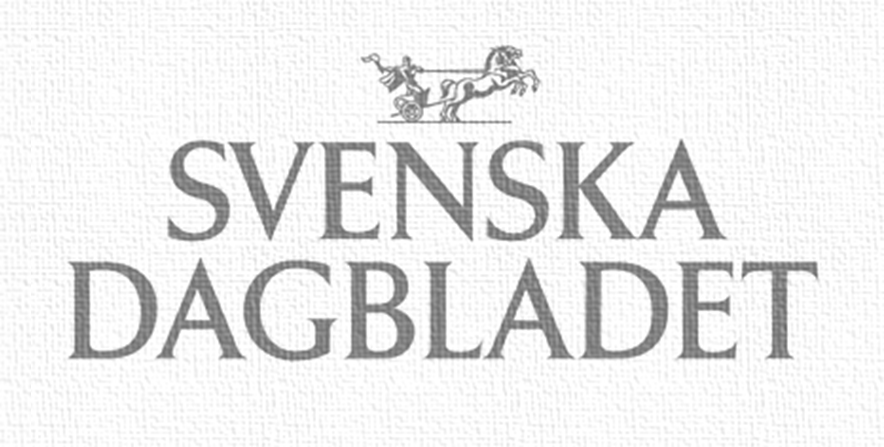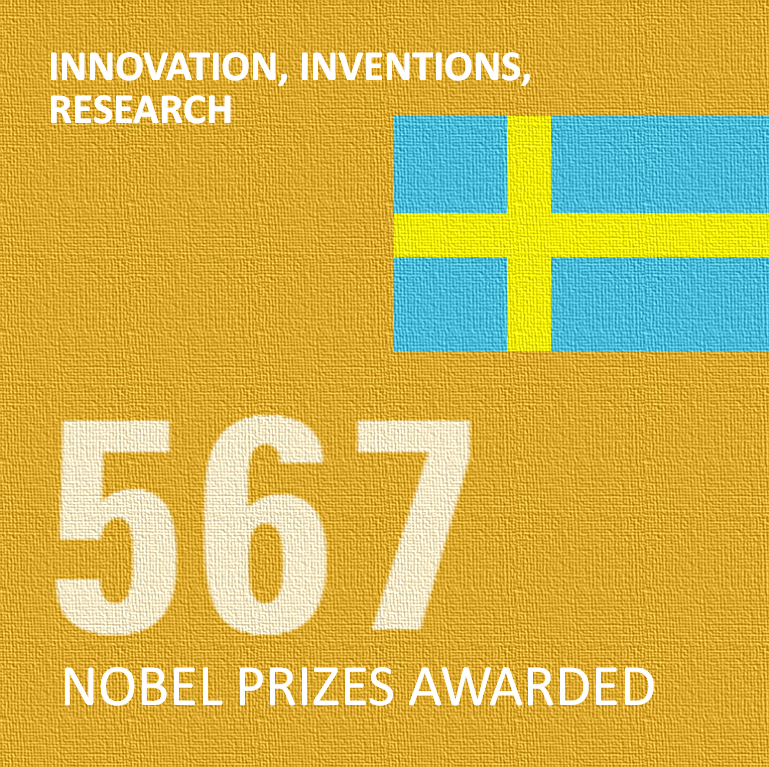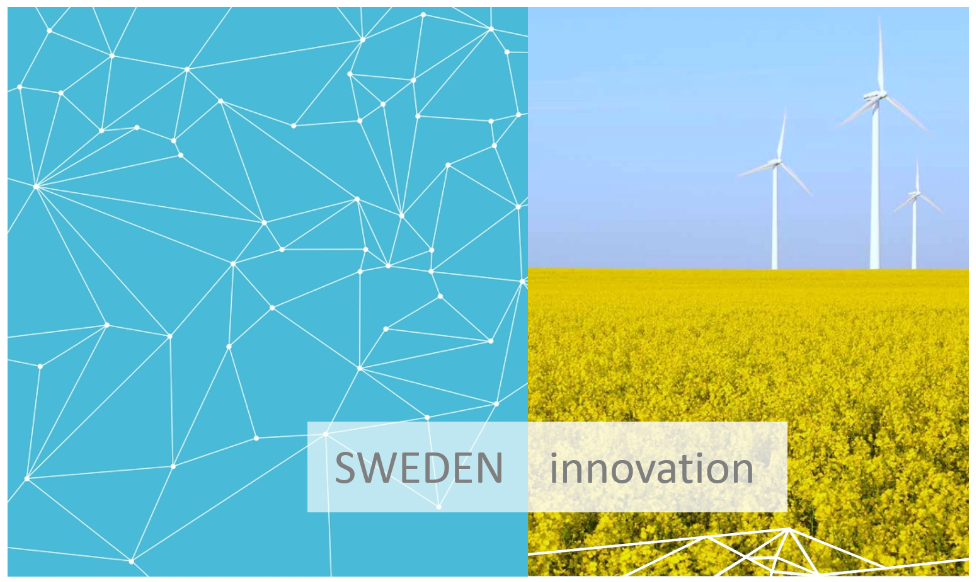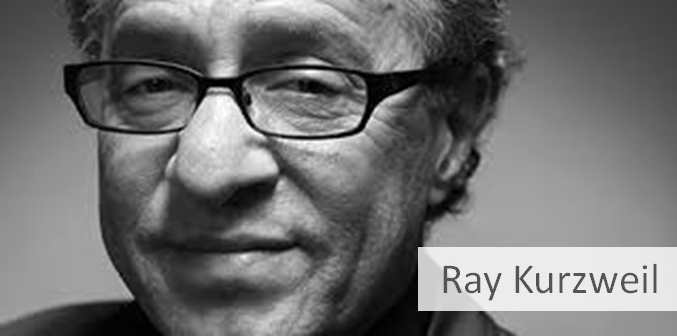Svenska Dagbladet | We will be more fun, sexier and more creative
January 4, 2016
Svenska Dagbladet — December 19, 2015 | Jan Soderqvist
This is a summary. Read original article in full here.
 Futurist Ray Kurzweil deals with questions about health and aging. He maintains that people in the future will become immortal and could be frozen in cryonics, anticipating an age of advances in medical research.
Futurist Ray Kurzweil deals with questions about health and aging. He maintains that people in the future will become immortal and could be frozen in cryonics, anticipating an age of advances in medical research.
Within 30 years, machines will be smarter than humans and have power over society, says Kurzweil, renowned inventor and author. He sees an immensely bright future. He predicts:
- There will be more of everything: humans will become funnier, sexier and more creative.
- This technology is a continuation of evolution. And it will make us smarter.
Prompted by today’s Nobel Prize events, our topic is the future of intelligence. Confidence among the distinguished scholars and successful entrepreneurs participating in the Nobel talks is strong. They firmly believe that human beings are becoming more educated, working more and more with machines that are increasingly intelligent — which will bring us solutions to most social problems.
 Who really has seen the light is Ray Kurzweil, now a Director of Engineering at Google to make computers more teachable. The trend is in the right direction, he says.
Who really has seen the light is Ray Kurzweil, now a Director of Engineering at Google to make computers more teachable. The trend is in the right direction, he says.
The world is becoming wealthier and more peaceful. Unfortunately, these positive trends are under-reported in the media, creating unnecessary pessimism. This also applies to concerns that intelligent machines will take away jobs from humans.
That fear of losing work to mechanization is 200 years old, arising among English weavers during early days of industrialization.They were right, their jobs disappeared. But new, even more qualified jobs are created all the time.
Kurzweil’s book The Age of Spiritual Machines is the most optimistic text I’ve ever read. Sometimes it’s provocative.
His book claims there is no reason to refrain from machines, and the path we’ve embarked on is a road paved with gold. Risks? Well, maybe. The machines are quickly becoming so intelligent that they constitute a power that must not fall into the wrong hands.
“We must,” writes Kurzweil, “use technology in accordance with our human values.” At the same time, these risks could be brushed aside without reasoning. It is optimistic to believe in humanity’s capacity to rein in the forces that liberate it.

The origin of Kurzweil’s optimism lies in the exponential growth curve. Artificial intelligence capacity increases exponentially, by doubling per a given unit of time, rather than growing linearly. The capability curve bends dramatically upward.
The exponential growth of computing power — that makes it enormously cheaper, faster and smaller — will enable us to enhance our biological intelligence on a large scale. First, by various electronic implants, partly through miniature computers the size of blood cells that link our brains to the cloud.
I ask if this is really an example of progress. Since we will all have access to the same cloud, since the connection will be so fast and so cheap, won’t that equalize all people without giving an individual an advantage? It is not fundamentally about being forced to run, just to stand still?
Kurzweil says, “Well, the fact is that we all become smarter over time. Before, it was through education, now it is through upgrades to the brain that will connect us with all human knowledge. But this does not mean that we all become equally intelligent, even if we have the capacity and conditions. We are leveraging our capabilities in different ways, and I think that the differences will increase in the future.”
The singularity is the hotly debated time in the future when machines’ intelligence outruns humans, then the technology finally takes over the development of society while becoming incomprehensible to us. We simply will not understand how it works anymore, nor where it is heading. Incomprehensibly intelligent machines will create even more intelligent machines, ad infinitum.
His 2005 book The Singularity Is Near, places the singularity in year 2045. What I wonder is how it’s even theoretically possible to be optimistic — or indeed pessimistic — about a process that we are challenged to understand, by definition.
Kurzweil explains, “The singularity is a metaphor taken from physics — we have enough knowledge to understand what would happen if we were sucked into a black hole, for example. We can describe how we experience singularity, although we probably would be destroyed rather quickly. And in the same way I can in my books discuss what happens after 2045. What I foresee is a great intelligence and knowledge explosion, comparable to what happened two million years ago when we evolved from primates to hominids. The difference is that everything is going to change so immeasurably quicker when we can upload the brain’s neocortex to the cloud — and to different kinds of synthetic neocortex.”
But, I insist, if we look at history and how people treat less intelligent species, is there really a reason to be optimistic about super-intelligent machines, that would act against us? Isn’t surrender the price for survival?
Kurzweil replies, “No, when you talk about the different species, it is not a proper analogy. We are our tools and machines, it is not about a contradiction or conflict. We will fuse with them. It’s already happening now.”
Which is hard to dispute and does not exclude the need for a continued dialog about where the convergence is actually different from subjugation. Kurzweil maintains that people will become immortal.
 about | Ray Kurzweil is a United States writer and researcher, born in 1948. He is active in the computer field of optical character recognition and machine learning.
about | Ray Kurzweil is a United States writer and researcher, born in 1948. He is active in the computer field of optical character recognition and machine learning.
Among other things, he invented the first machine that converts written text to spoken reading, an assistive tool for the blind. Since 2012, he is a Director of Engineering at Google.